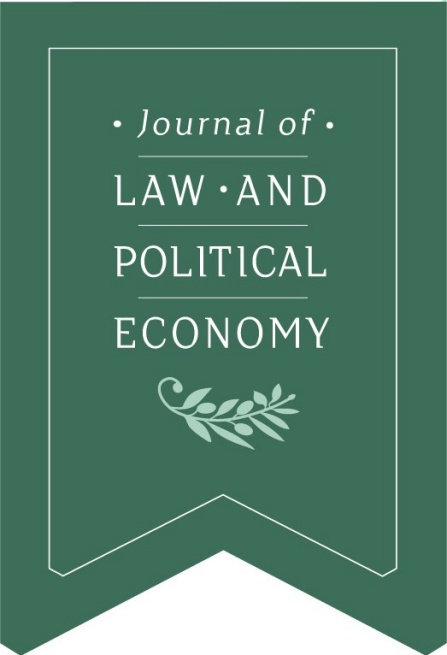
Lessons for Legal Mobilization
What role do lawyers play in advancing progressive social change? Examining the recent history of labor activism in Los Angeles, Scott Cummings distills some lessons for legal mobilization in contemporary social movements.




